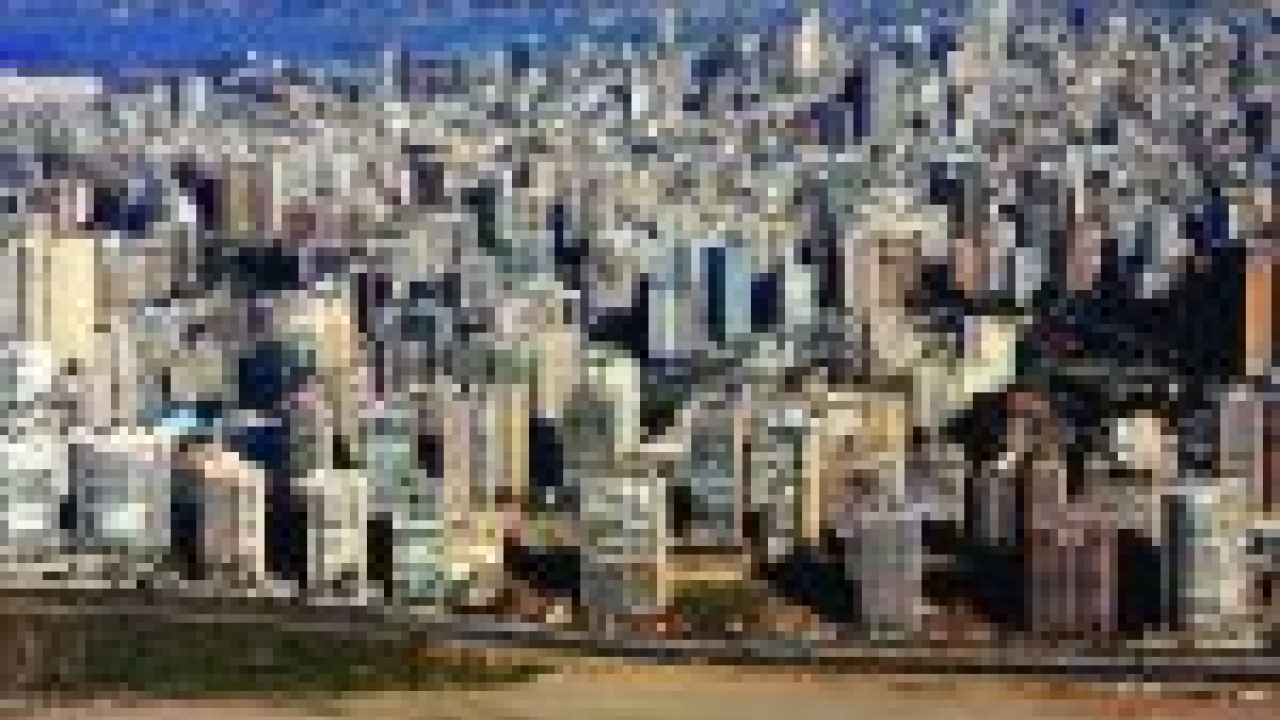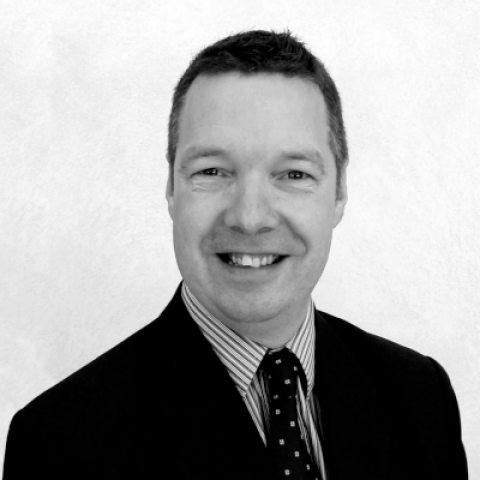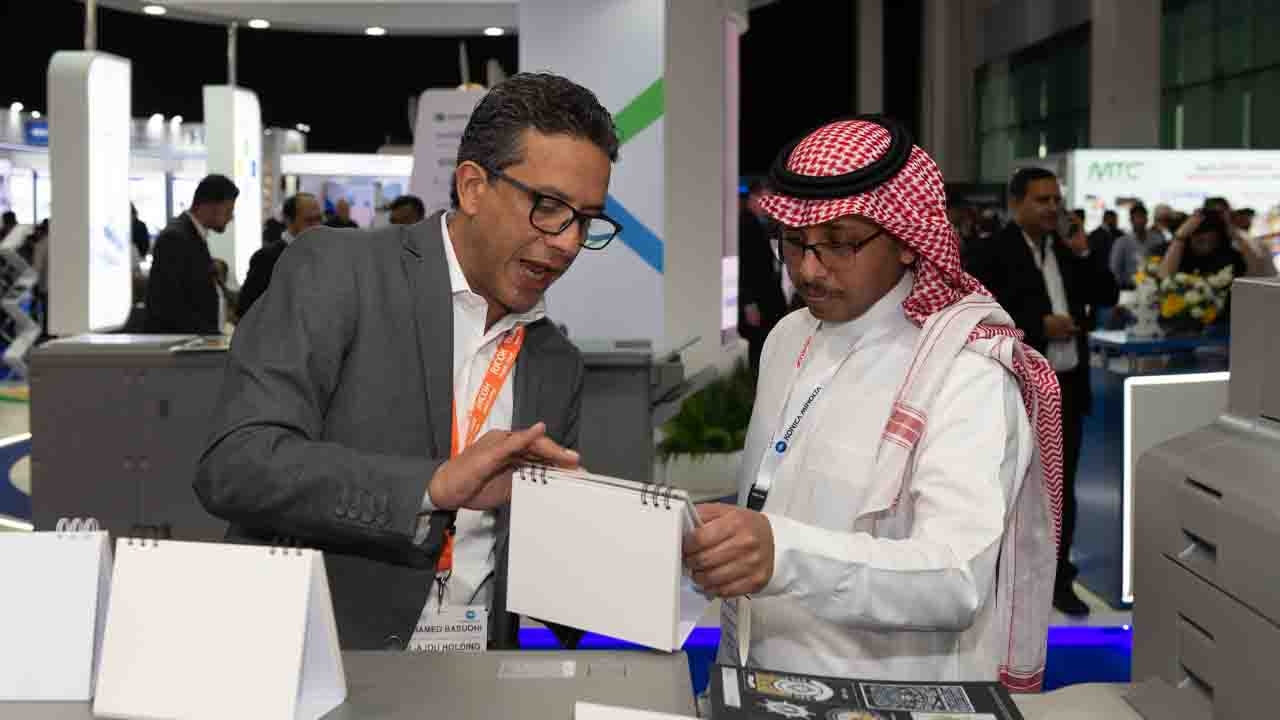Ahead of the pack

The first narrow web flexo label converter in
Label Plus started up in 1999 after company owner and managing director Haytham Sinno completed a long quest for knowledge about pressure-sensitive label converting equipment. ‘I saw an opportunity in this market, but I did not know what sort of machinery to buy. Then we met Elmar Zanforlin, from Comco, who persuaded us to buy a Comco Cadet. I took his advice and became the first narrow web flexo printer in
It was a tough market for a start-up label converter: ‘The local market was very small then – buyers preferred sheets because there was not much automatic labeling equipment in the country. This started to change through the 1990s, but slowly,’ says Sinno.
At Labelexpo Europe in Brussels in 2006, with Comco now a part of Mark Andy, Sinno opted for a Mark Andy 2200 as his next press, followed last year with the UV flexo 2200XL machine, all supplied by Mark Andy’s Lebanese agent Dynagraph. This 6-color press is equipped with BST Powerscope inspection equipment, cold foil, lamination and turnbar.
In addition, Label Plus runs a Mark Andy 830, two Labelmen PW180 rotary letterpress machines, and foil stamping and finishing equipment from Newfoil and Shiki.
Avery Dennison is the main substrate supplier for Label Plus, and like other printers in this region dealing with European-based suppliers, Haytham Sinno has to cope with lead times of 4-5 weeks. Materials used are overwhelmingly PS papers, including thermal papers, with currently little use of film. Rotary dies are supplied by Rotometrics.
To print to the highest quality, Label Plus uses digital flexo plates, which are made by a specialized repro house. ‘I have seen our printing quality improve immensely using the latest thin CTP plates,’ says Sinno.
The main export markets for Label Plus – and where the company is seeing the biggest growth in orders – are
Another significant growth market is Africa, and particularly
Haytham Sinno says his main competition comes from Syrian label printers. ‘They sell labels for cheap prices because they use second grade material and locally made machinery.’
Label Plus is currently enjoying overall growth of 10 percent and plans to install a fourth Mark Andy machine in August 2010. It recently complemented its rewinder force with a new Prati to cope with increased label volumes.
Up to the mid-1970s
Pictured: an aerial view over Beirut
Agency pushes flexography into
Originally established in
Dynagraph is one of the most influential package printing machinery agencies in the
As with all the best agencies, Dynagraph’s success comes down to heavy investment in service and support – essential for converters starting out for the first time in the narrow web converting business. Of the company’s 104 employees, one half are service engineers. Dynagraph engineers carry out all regional installations of manroland sheetfed offset presses while it supports all Mark Andy presses.
The company was formed in 1952 in
‘The labels market in this region remains small, but around a year ago, things started changing, and now we’re starting to see some real growth,’ remarks Antoine El Kara vice president of Dynagraph. ‘This is particularly the case in the shrink sleeve label market.’
Looking at the main package printing markets, he cites
El Kara sees particularly exciting growth prospects in
El Kara says that in
This article was published in L&L issue 4, 2010
Stay up to date
Subscribe to the free Label News newsletter and receive the latest content every week. We'll never share your email address.


